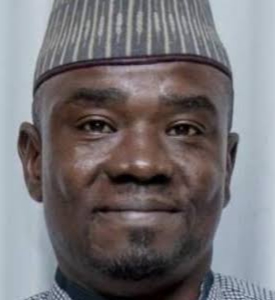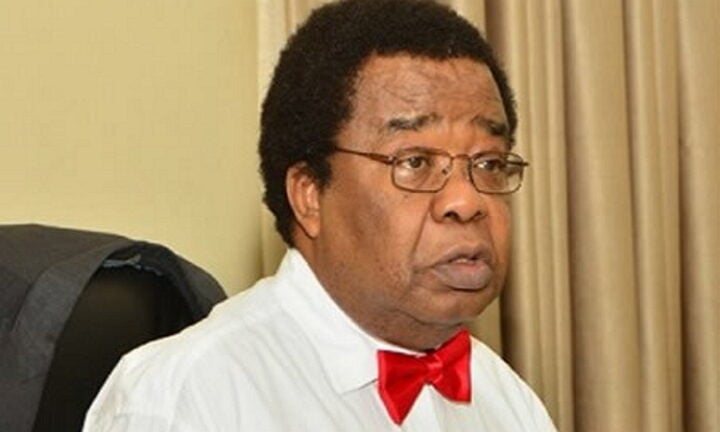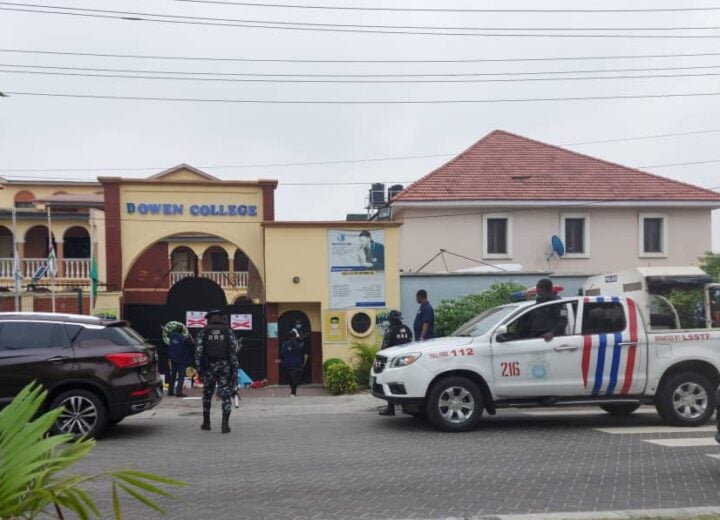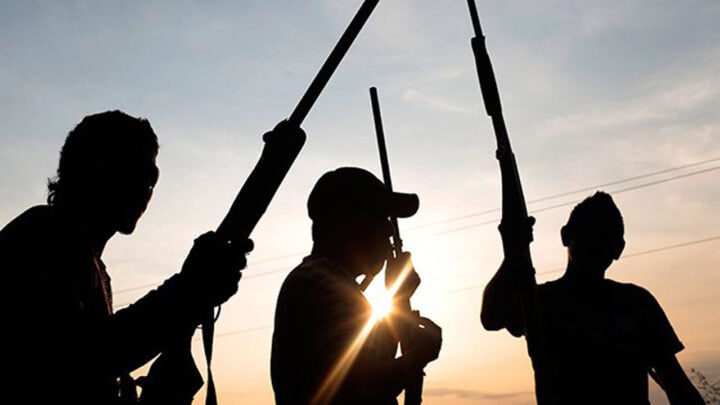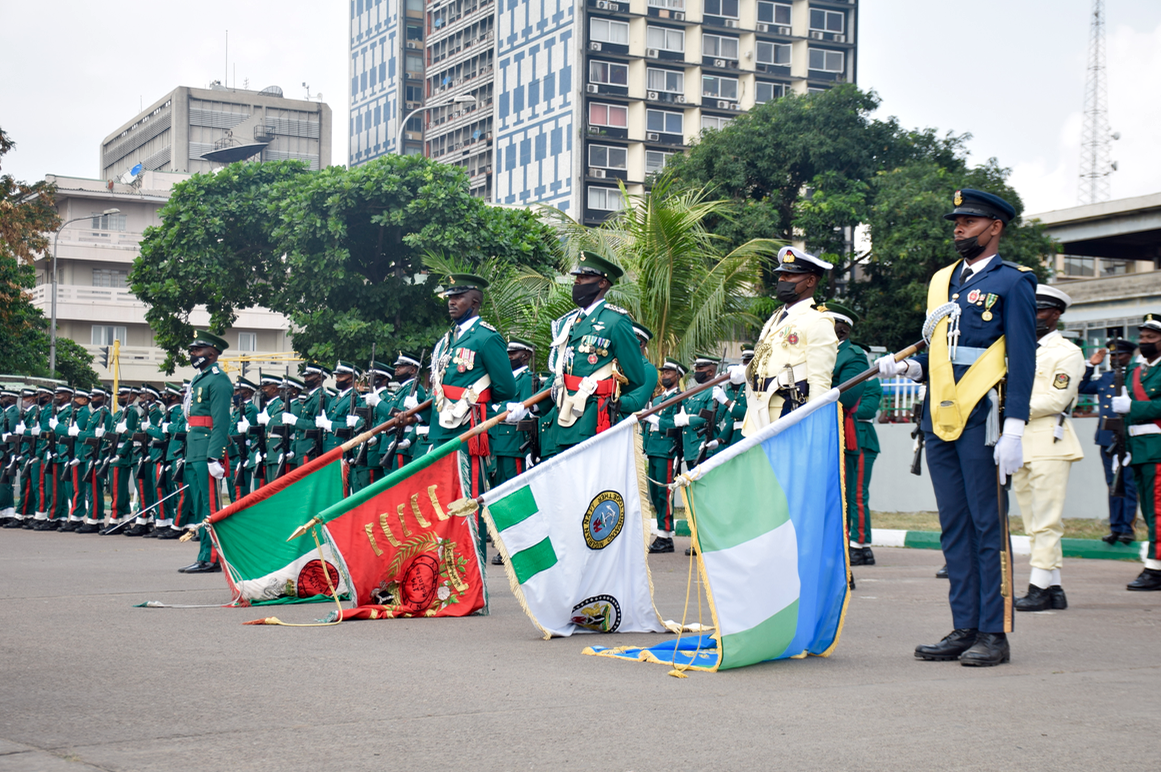Beyond his active involvement in politics and the business world, Alhaji Bashir Tofa, who died on January 3 at the age of 74, was a consummate writer, publisher and a general perfectionist, whose edifice in Kano city remains one of the finest mansions ever built in the emirate, since the 1980s.
As a teenager in the ’80s, I always desired passing by the magnificent and sprawling mansion, which has been continuously retouched to perfection till date, at the Gandun Albashu district of Kano.
As a writer, Tofa’s articles on the socio-economic and political development of Nigeria had appeared in the then major national dailies in the ’70s, including New Nigerian, Daily Times, Nigerian Tribune, The Sketch, and the vernacular tabloid, Gaskiya Tafi Kwabo.
Beyond his journalistic interventions, he was a wordsmith extraordinaire who authored several books and short stories on contemporary issues in both English and Hausa languages. As a deeply religious person, he also set up the Bureau for Islamic Propagation (BIP) which helped to unite Muslims and promoted interfaith dialogues with non-Muslims towards peaceful coexistence.
Advertisement
During my university days in the late 80s, I admired his literary contributions, which were the source of attraction that led me to seek an internship in his media conglomerate that published Pen and Alkalami newspapers, and whose offices were situated within a tall building along the Post Office Road in Kano.
It was in this media outfit that I met the manager, Mallam Garba Yusuf, who introduced me to the art of media marketing and Mallam Magaji Galadima, under whose tutelage I was groomed into the vocation of investigative journalism and copy editing for production and publication.
While Garba Yusuf later rose to become a highly influential commissioner in the cabinet of Governor Ibrahim Shekarau, back in the day he was a painstaking worker who always ensured that the editorial team met the production deadlines that made the newspapers available on the newsstands every Friday.
Advertisement
On his part, Magaji Galadima, who later became the pioneer Director-General of the Kano Geographic Information Systems (KANGIS) and currently holds the traditional title of Kachallan Kano in the Emirate, was a very thorough editor who ran a fine comb through our news reports and feature articles for factual accuracy and fidelity to the house style.
Due to the strictness of Bashir Tofa as the publisher, the management ensured that the reports in both newspapers were not only factual and truthful, but also drew from reliable and authoritative sources. Further to this, the publisher made sure that the editorial staff adhered to the core journalism ethics of accuracy, objectivity, impartiality, accountability and an overarching humanism in their work.
Even as the Bashir Tofa ethos was very strict, he still gave the two most senior management staff, who were responsible for the publications, the freedom to manage the newspapers in an independent manner. And although I was just an intern then, I was afforded the opportunity of occasionally going out on marketing drives for advert placements and the commissioning of special reports, alongside my main duty of pursuing investigative stories.
It was during that early phase of my experience in journalism that I met Jarman Kano, Alhaji Adamu Dankabo; Talban Kano, Alhaji Garba A.D. Inuwa; and respected businessman, Mallam Sabiu Bako.
Advertisement
As a publisher who believed strongly in the tenets of a free press, I recall vividly how the Chairman, Alhaji Bashir Tofa, refused to interfere in an investigative report I had anchored over the mysterious death of a Muezzin in a mosque at the Sheikh Isyaku Rabiu Estate in Kano, the outcome of which he was pressured to alter. I had then conducted an interview with the Chief Imam of the mosque and the Divisional Police Officer of Dala District, one B. I. Bayero when concerns were raised on the need for the report to be stopped.
While no attempt was made by the publisher or my editors to restrain me from concluding that piece of investigative journalism, the ensuing story was not only published in the Pen, but also in the Alkalami, the Hausa version of the newspaper.
Apart from the team and leadership building attributes of delegating responsibilities to his staff, also because he travelled abroad often, Alhaji Bashir Tofa was equally a very generous Muslim, especially in the provision of scholarships to students and payment for the health care of indigent people. As an intern, I was placed on a generous monthly allowance and my final year research project in the university in 1992, was funded by his company.
Being a philanthropist with a difference, he made huge anonymous donations to different public support causes on a regular basis. And, since the early ‘90s when he introduced the Ramadan Kitchen, food items have been provided for families in need during the holy month of fasting, while cooked food is also made available to people for the breaking of their fast and the early morning Sahur, in various mosques and communities.
Advertisement
In addition to that, Tofa recruited dozens of tailors annually to sow clothing in large quantities for the masses in communities surrounding him and also for the needy for festive seasons.
Born to a Kanuri family in Kano on June 20, 1947, the late Bashir Tofa attended the City of London College, before he started a business and later joined politics. He was the Financial Secretary of the ruling National Party of Nigeria (NPN) during the Secondary Republic. At the resumption of political activities in the country during the early 1990s, Tofa joined the then National Republican Congress (NRC), and rose to become its presidential candidate at the June 1993 election, which he however lost to his rival, Chief Moshood Kashimawo Olawale Abiola. The official results were never fully released by the Babangida government.
Advertisement
Alhaji Bashir Tofa was a noteworthy businessman, oil trader, industrialist, politician, author, activist, journalist and a strong contender during what has been declared as the freest presidential election in Nigerian history in 1993. He died in the early morning of January 3 at the age of 74, after battling health issues that kept him at the Intensive Care Unit (ICU) of the Aminu Kano Teaching Hospital in Kano.
Yushau A. Shuaib is the editor-in-chief of PRNigeria.
www.YAShuaib.com
[email protected]
Advertisement
Views expressed by contributors are strictly personal and not of TheCable.
Add a comment
